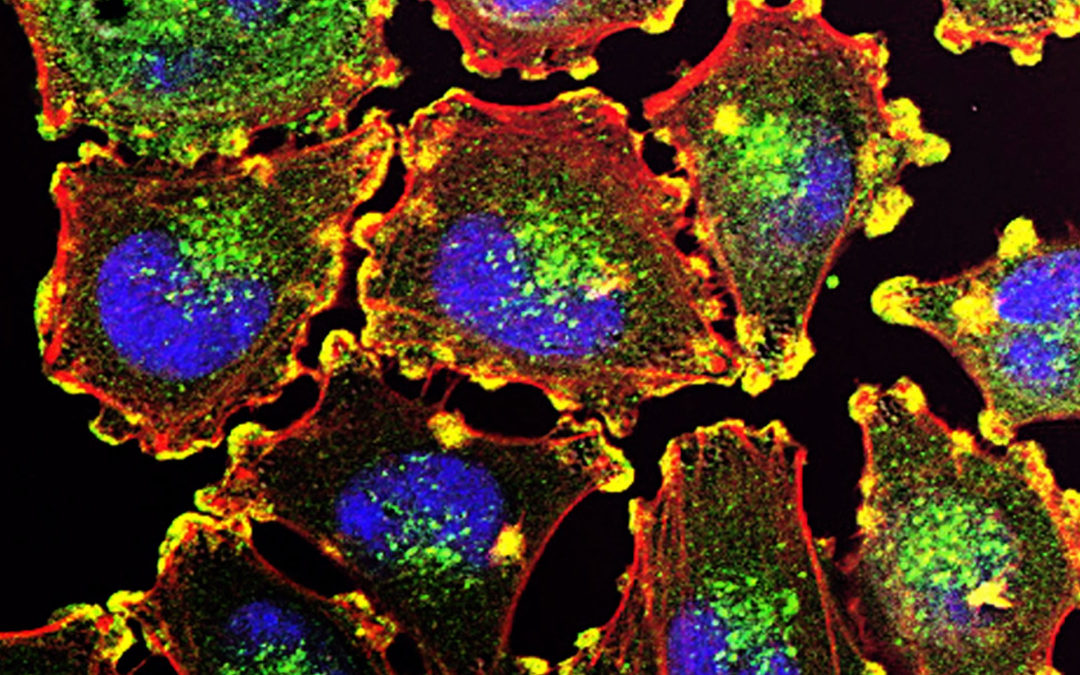The Klotho has been an active area of research during the past few years because of its role in slowing the aging process. Researchers have found that there is a relationship between Klotho protein levels and the potential development of chronic medical conditions including heart problems, kidney problems, and brain problems. Many of these issues arise due to issues related to extensive blood vessel calcification, which increases the chances of developing significant medical complications.
Recently, a research study took a closer look at the role of the Klotho gene in the generation of cytokines and the division of the cell, usually called cytokinesis. Cytokines play a number of major roles throughout the body, impacting the body’s response to various changes and stresses. Levels of certain cytokines also impact the body’s inflammatory response to injuries and illnesses.
A team of researchers used experiments to figure out the role of the Klotho protein in cytokinesis throughout human cells. Experiments included using zebrafish embryos, mass spectrometry, and immunoprecipitation. The results of the experiments showed that Klotho is located in the middle of the body, which corresponds with its role in the generation of cytokines. A few examples of cytokines it may play a role in producing include citron kinases and Aurora kinase B.
Further experiments showed that when Klotho protein was removed, the production of Aurora kinases significantly dropped, showing that Klotho protein likely plays a significant role in the production of that specific kinase. Removal of this protein also led to an aberrant cell cycle and reduced cytokinesis, meaning that cells took much longer to divide.
Ultimately, the results of the research studies show that this protein could play a significant role in the division of cells throughout the body. Because the protein plays such a significant role in cytokinesis, researchers believe that it could impact the cell cycle by interacting with the various cytokines throughout the body, including Aurora kinase and Citron kinase. Future research studies will take a closer look at the Klotho protein and how its impact on these kinases may relate to its potential anti-aging effects. Medical researchers might be able to change the levels of this specific protein throughout the body to change the way these cytokines exert their effects, potentially reducing the impact of the aging process. It will be interesting to see if this becomes a therapeutic target down the road.

